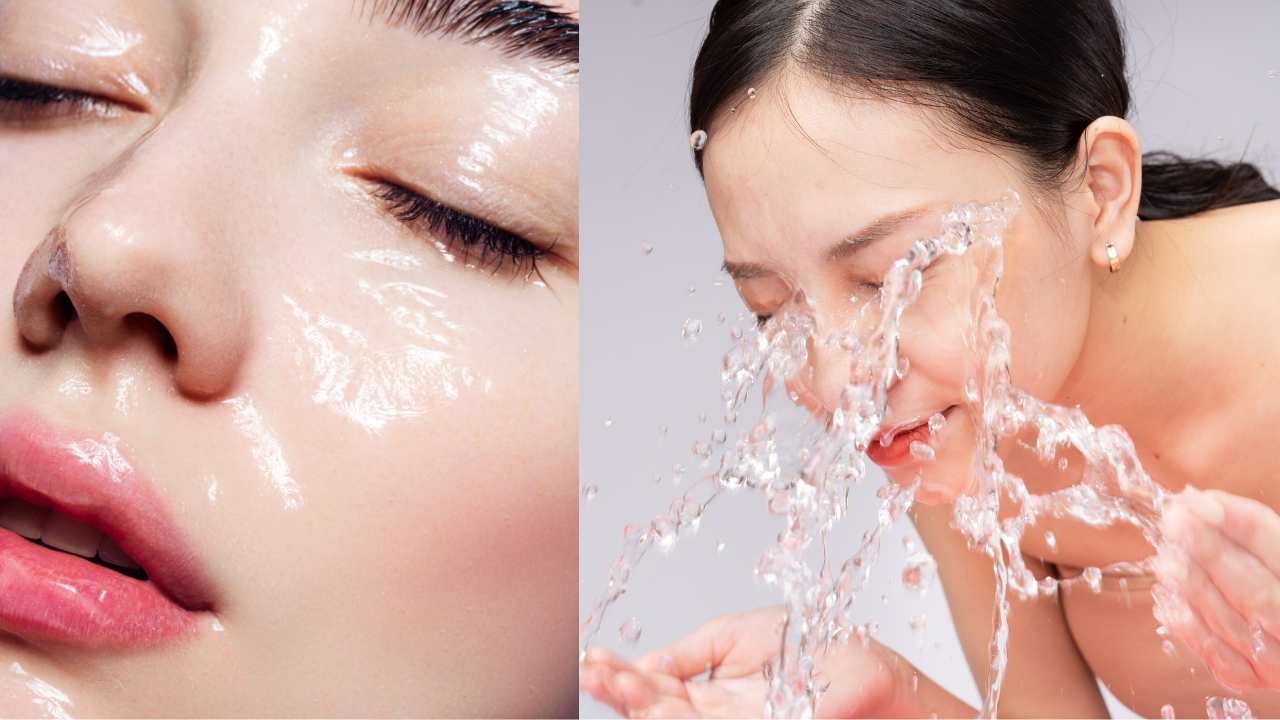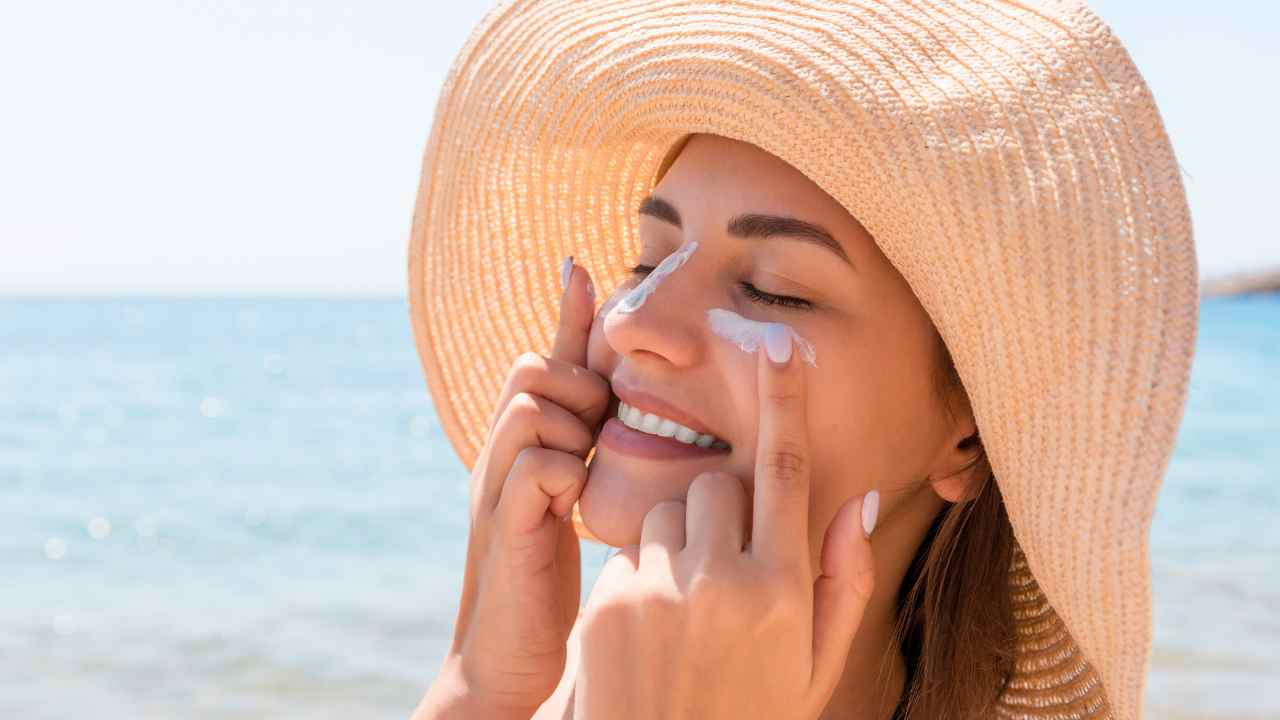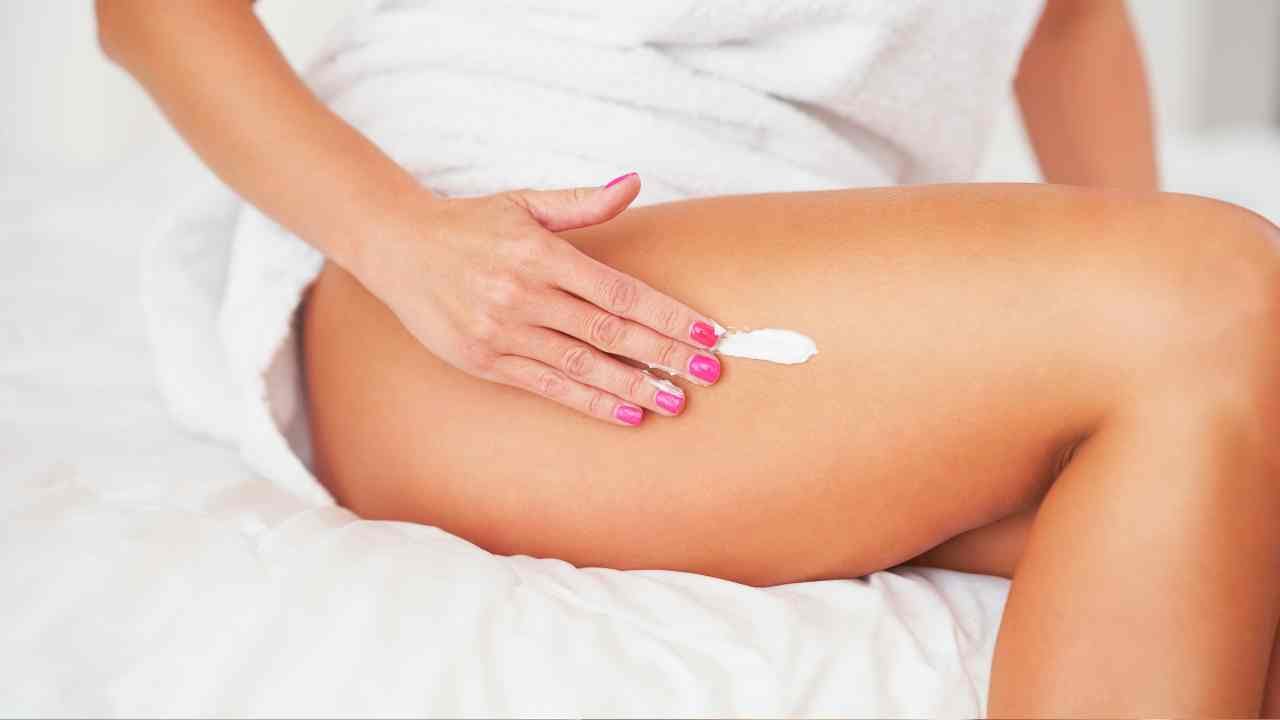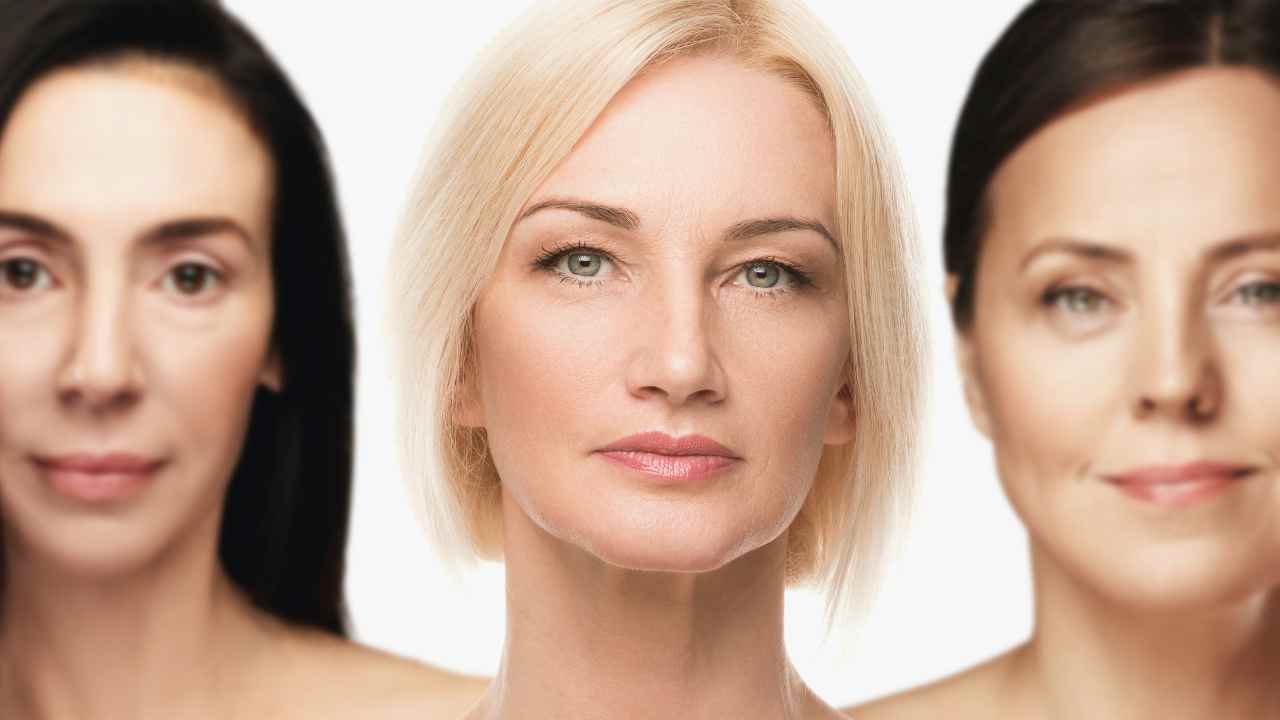
Does Argan Oil Clog Pores? The Argan Oil Myth Busted!
If you’re anything like me, then the thought of putting oil on your already oily skin sounds about as appealing as having a root canal.
That said, argan oil has been making quite a name for itself recently with everyone singing its praises…for good reason!
From treating acne to preventing wrinkles and helping sunburns, this miracle liquid can seemingly do no wrong. But does it clog pores?
In today's post, let's explore the truth behind whether or not argan really is a pore-clogging culprit or if we should all just go ahead and rub some onto our faces without fear.
So let's dive right into all that argan has to offer (without sacrificing our clear skin in the process!).
Where Does Argan Oil Come From?
If you’ve heard of argan oil, then you know that it’s been touted as a miracle product for skin and hair. But have you ever wondered where this wonder oil actually comes from?
Well, the answer is quite unique! Pure argan oil is derived from the kernels of the fruit of an ancient tree called argania spinosa - which is only found in southwestern Morocco.
It grows wildly in several other regions around the world, but nowhere else at such abundance as Morocco.
And since these trees are also extremely difficult to cultivate in large numbers, they remain abundant and accessible only here.
In fact, communities living near these argan forests exist solely because of this tree - their traditional methods of harvesting them have been passed down for centuries!
Not only do people rely on its nuts (from which argan oil is derived) for nutrition and economic sustenance but also its leaves to make natural fertilizers and animal feedings.
Plus, they also use it medicinally to treat digestive problems like diarrhea, colds or flu-like symptoms - all thanks to its antiseptic properties!
But it’s not just those living near these forests who benefit from cold pressed argan oil production.
By tapping into what has now become a global trend in cosmetic products with proven results on skin and hair health has allowed many women-run cooperatives throughout Morocco to become self-sufficient economically while maintaining traditional ways of living off the land sustainably.
So if there’s any one product out there that encapsulates beauty with a purpose beyond simply looking good – it's got to be argan oil!
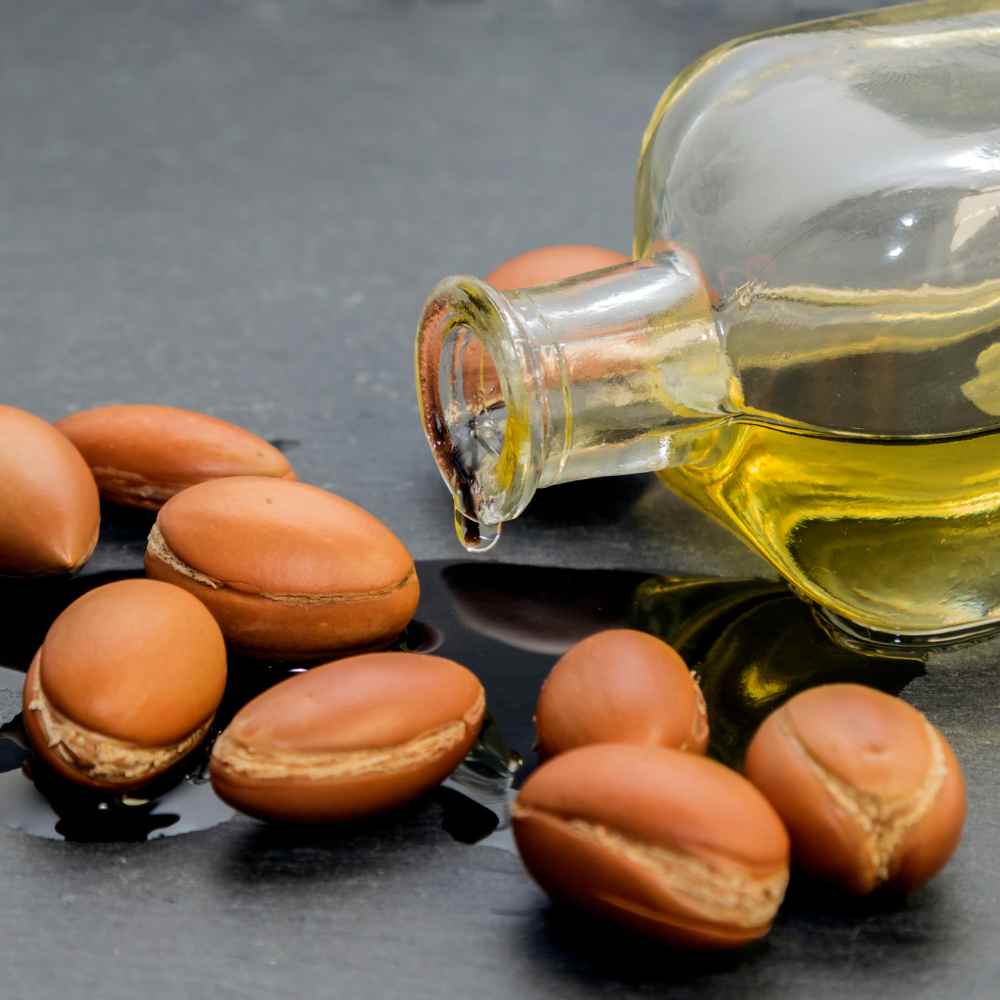
Does Argan Oil Clog Pores?
So, is argan oil comedogenic? To put it simply, argan oil is considered a non-comedogenic oil with a 0-2 rating on the comedogenic scale – which means it won't clog your pores or cause breakouts! Pretty amazing right?
Just to give you a comparison, other oils with a low comedogenic score include plant oils like squalane oil, jojoba oil, rosehip oil and olive oil. Whereas oils with a high comedogenic rating include coconut oil and avocado oil.
And if that wasn't enough to convince you, studies have found that argan oil can actually help reduce acne and promote healthier skin!
So whether you're looking for an effective moisturizer or just wanting to give your skin some extra TLC without further aggravating existing acne - this ancient Moroccan miracle is definitely something worth considering!
Here is a list of awesome benefits you get when you apply argan oil to your skin.
Non-Comedogenic Properties
Argan oil is considered non-comedogenic, meaning it is unlikely to clog pores. Unlike some heavier oils that can sit on the surface of the skin and potentially lead to congestion, argan oil is lightweight and easily absorbed.
It has a molecular structure that allows it to penetrate dry skin without leaving a greasy residue, reducing the risk of clogged pores.
Balanced Fatty Acid Profile
The essential fatty acids in argan oil, particularly its high content of oleic acid and linoleic acid, helps maintain the skin's balance.
Oleic acid is moisturizing and nourishing, while linoleic acid supports the skin's natural barrier function. This combination contributes to overall skin health and reduces the likelihood of pore-clogging.
Anti-Inflammatory & Antioxidant Benefits
Argan oil is rich in antioxidants, such as vitamin E and polyphenols, which help protect the skin from oxidative stress and free radical damage.
Additionally, its anti-inflammatory properties help soothe skin irritation and reduce redness. By keeping the skin calm and protected, argan oil can promote a healthy complexion and potentially minimize pore congestion.
Your Skin Type Matters
While refined argan oil is generally non-comedogenic, individual factors such as skin type can influence its impact on pore-clogging.
Oily skin types or people with acne-prone skin may still experience clogged pores if the skin's natural sebum production is not properly balanced.
However, argan oil's lightweight texture and sebum-regulating properties make it suitable for a wide range of skin types, including dry, sensitive, and combination skin.
If you do see a blemish pop up, treat it as early as you can with a good acne spot treatment product.
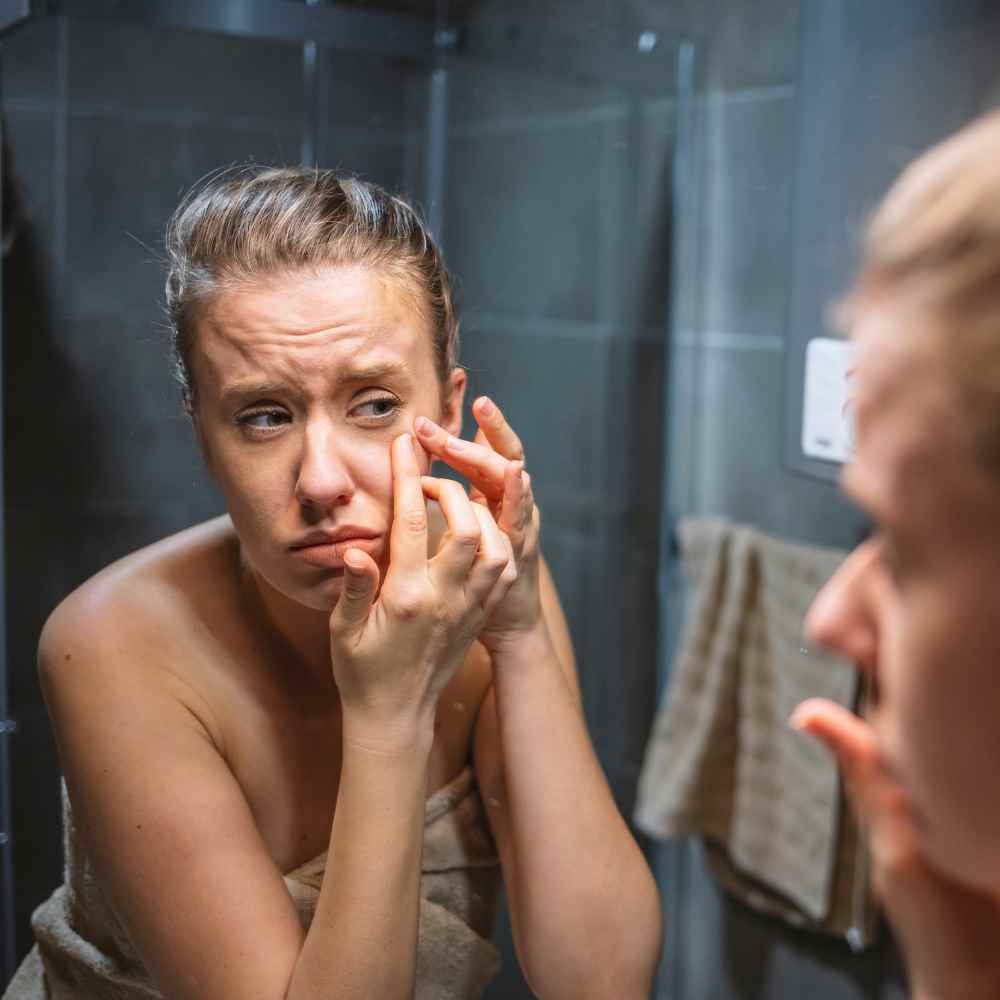
How to Add Argan Oil to Your Skincare Routine:
If you're intrigued by argan oil, but not sure how to incorporate it into your skincare routine, we have some suggestions. Here are just a few argan oil opportunities for your skin!
Facial Moisturizer
Argan oil can be used as a facial moisturizer to hydrate and nourish the skin. After cleansing with a good pore cleanser and toner, apply a few drops of argan oil to your face and gently massage it in.
Its lightweight texture allows for quick absorption, leaving the skin soft and supple without a greasy residue. Adjust the amount used based on your skin's needs.
Hydrating Mask
Create a hydrating mask by combining argan oil with other beneficial ingredients. Mix a few drops of argan oil with natural yogurt, honey, or mashed avocado.
Apply the mixture to your face, leave it on for 15-20 minutes, and rinse off. When you use argan oil in a mask like this, it will provide intense hydration and nourishment, leaving your skin refreshed and rejuvenated.
An Overnight Treatment
For an intensive overnight treatment, apply a slightly larger amount of argan oil to your face and neck before going to bed.
Massage it in gently and allow it to work its magic while you sleep. This method maximizes the moisturizing benefits of argan oil, helping to restore and replenish your skin's hydration levels.
Hair & Body Care
Don't limit argan oil to just your face—extend its benefits to your hair and body as well. Apply a small amount of argan oil to the ends of your hair to tame frizz and add shine.
For body care, massage argan oil onto damp skin after showering to lock in moisture and maintain a smooth and supple texture.
The Truth About Argan Oil
All in all, argan oil is an underrated powerhouse when it comes to skincare and beauty. With its beneficial properties, you can say goodbye to pore clogging worries and confidently utilize this ingredient in your daily routine.
Make sure you seek out pure, organic argan oil because this will ensure that your skin has access to the most potent benefits that nature has to offer.
Plus, investing in a good-quality product can go a long way not only for your skin’s health but also for achieving peak aesthetic potential.
Put away those pore-clogging fears and start exploring the amazing world of argan oil today – we guarantee you won’t be disappointed. Here's to healthy skin!



